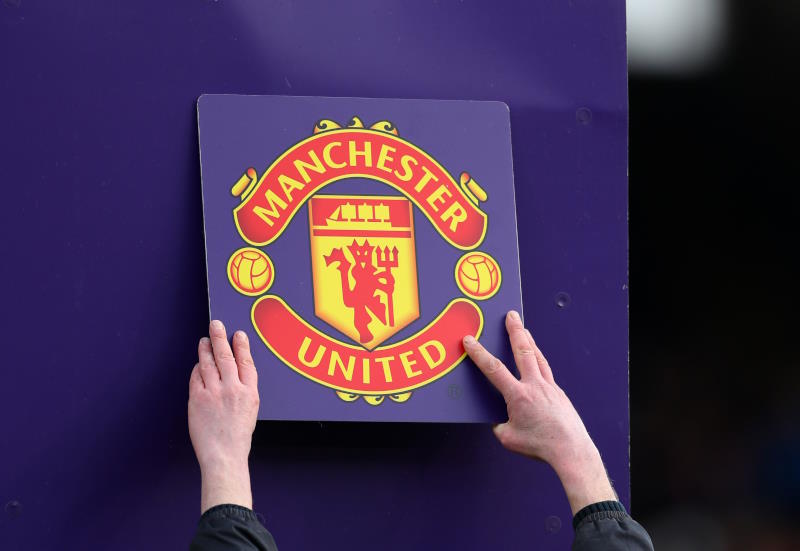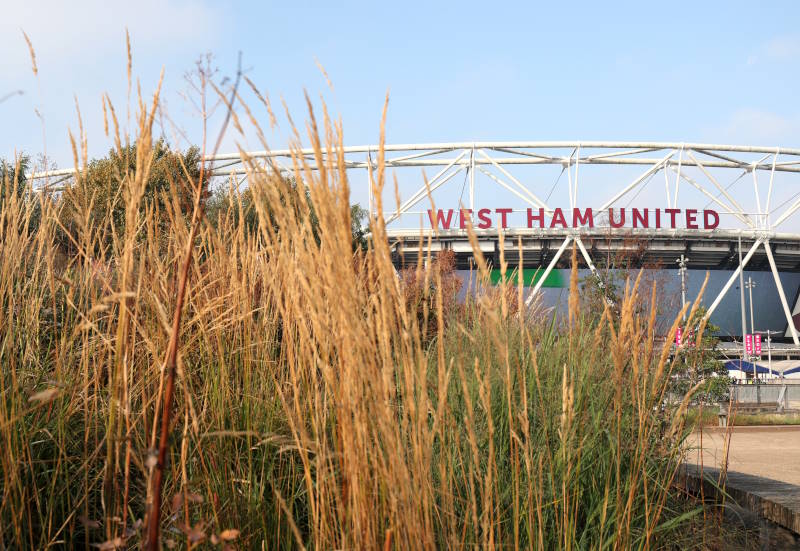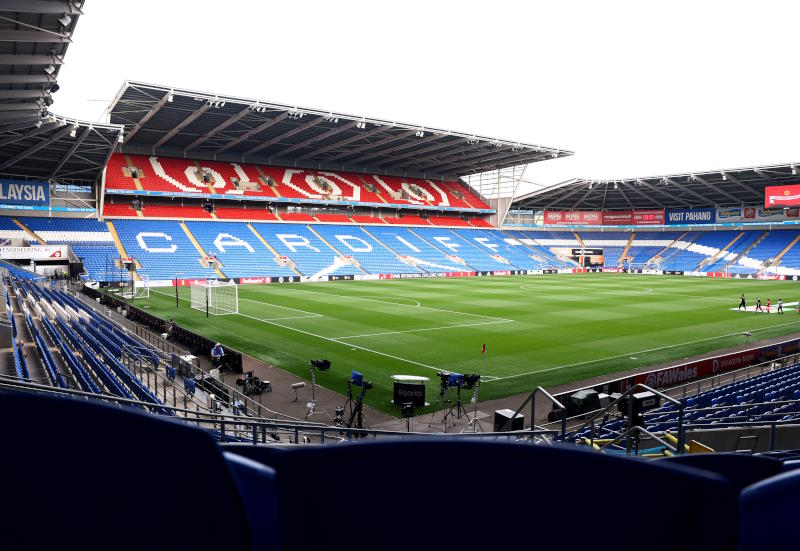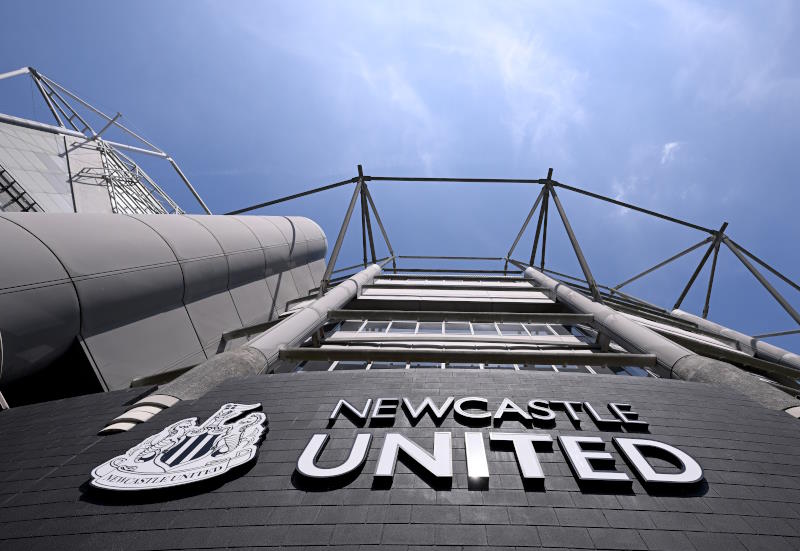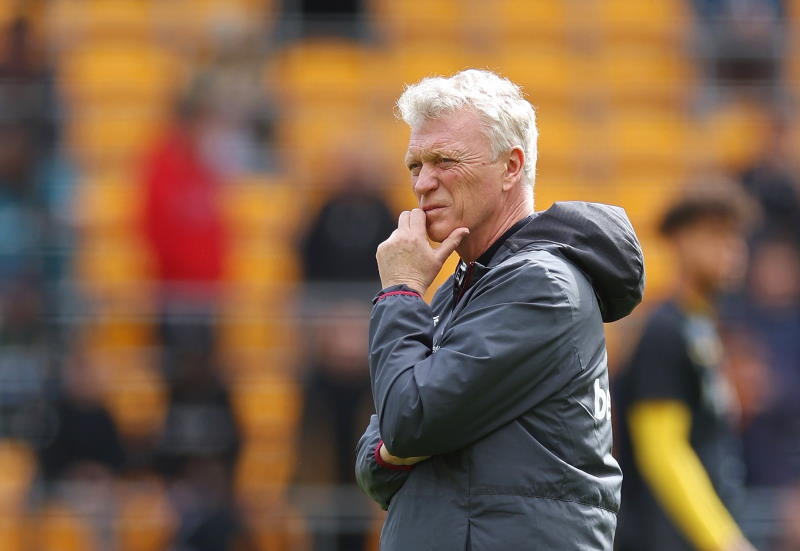
As the UEFA Champions League resumes this month, one of the stories of the competition continues to rumble on in the background. Fenerbahce, the Turkish champions, were kicked out on the eve of the draw by their own national federation (TFF). This was a decision taken under pressure from UEFA as a match-fixing investigation conducted by the TFF continued, and as the chairman of Fenerbahce, Aziz Yildirm, remained in jail.
Fenerbahce were replaced by Trabzonspor (though the Black Sea outfit were also under investigation), and recently UEFA general secretary Gianni Infantino threatened further censure for Turkish teams if their officials are found guilty of involvement in the match fixing scandal. The TFF investigation is centred around 19 games last season, as the Istanbul outfit stormed back in the title race, winning 18 of their last 19 matches to claim the Super Lig crown.
The allegations are numerous, explicit, but crucially, as yet unproven. According to the Turkish media, Yildirim called the TFF prior to a derby game against Besiktas and asked for Cuneyt Cakir to be appointed as the referee for the match. Cakir was duly put in place and Fenerbahce won 4-2, a crucial result in their charge to the title. Another allegation centres on the Yellow Canaries’ former player Cemil Turan, who allegedly offered $300,000 as an incentive to Ankaragucu players ahead of a match which Fenerbahce won 6-0.
Fenerbahce now find themselves at risk of relegation if found guilty, and their finances have also taken a serious hit, falling by 30 per cent in two days alone in July. The Istanbul side’s fans remain fiercely critical of the authorities’ treatment of Yildirim, who is accused of serious fraud, involvement in match-fixing and paying players facing Fenerbahce’s rivals.
One of the games being investigated is Fenerbahce’s 4-3 win over Sivasspor on the last day of the season, which clinched their dramatic title triumph. Sivasspor are another of those teams also implicated in the affair, as are Besiktas, Eskisehirspor, Giresunspor, Bursaspor and Genclerbirligi. Even the TFF have been implicated, with their vice-president Goksel Gumusdag one of those under suspicion.
Gumusdag has now resigned his post, and the circumstances of his departure reveal much about Turkish politics and its involvement with football. He quit his post on 31st January, along with the TFF chairman Mehmet Ali Aydinlar, less than a week after they failed to change Article 58 of their disciplinary code. That may sound a fairly innocuous issue, but that article stipulates that teams found guilty of match fixing would be relegated.
Despite the Union of Clubs supporting their attempt at a General Assembly meeting on 26th January to have the article amended so that the penalty for match-fixing would take the form of points deductions, fines and a European ban, they were opposed by senior teams. One of those was Galatasaray, who are the highest profile side not implicated, but another, intriguingly, was Fenerbahce. Indeed the champions asked after being kicked out of the Champions League to be relegated. The Union of Clubs believe doing that would undermine Turkish football, but Fener and their fans are adamant that they would rather be relegated than done a favour by the authorities. Thanks to last month’s decision, they may still be.
But the punishments are not just confined to matters on the pitch of course. Off the pitch, 93 individuals, including officials such as Yildirim and players such as Ozturk Sezer, are facing the possibility of jail time as they are indicted for alleged involvement in match-fixing. Yet the ruling AK Party (whose leader, Tayyip Recep Erdogan, is Turkey’s Prime Minister and supports Fenerbahce) have managed to force a change in the law, despite the initial opposition of President Abdullah Gul, to reduce the maximum term officials indicted by the courts can serve in jail from 12 years to three.
The impact that the scandal will have on Fenerbahce though could be crippling. In Italy, Juventus have only just reclaimed their place as title challengers after five years in the wilderness following the Calciopoli affair which rocked the sport. The outcome of the TFF investigation may not send the same shockwaves across the continent, but for Fenerbahce that will mean nothing if they are punished severely.
Yet will they be? The politicking suggests they may receive light sanctions, if indeed allegations are even proven, whilst the recent signing of Moussa Sow from Lille was one which left heads being scratched. Here is a player who had been linked with the likes of Arsenal and Tottenham Hotspur, and was last season’s top scorer in Ligue 1, signing in a big money move (by Turkish standards) for Fenerbahce. Given the financial turmoil that the Istanbul giants would be plunged into if found guilty and relegated, it would be a surprise for them to indulge in such transfer activity. And in spite of the allegations, their league form has continued serenely, as they put up a strong defence of their title – the Yellow Canaries remain hot on the heels of Galatasaray. Indeed they recently won their 1,000th match, becoming the first team to reach that milestone in Turkish football history.
Whether all of this betrays a confidence that the club will not be punished in the way that was suggested will soon be known. For now, the Istanbul side continue their charge towards a defence of the title they won last year. Fenerbahce, one way or another, should survive this crisis; their stature should ensure that. But whether or not the Yellow Canaries have experienced the worst of the storm or not is yet to be seen.

